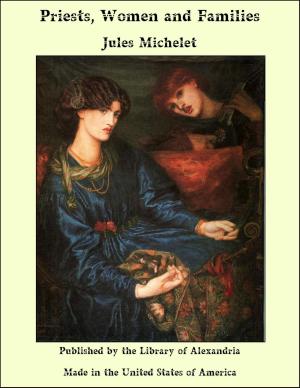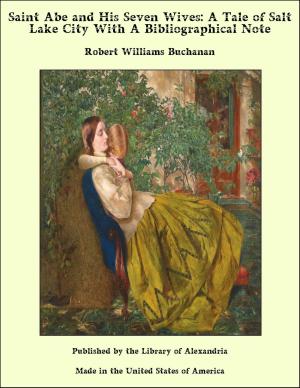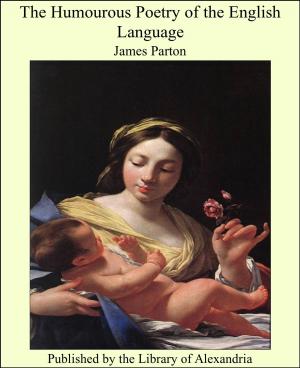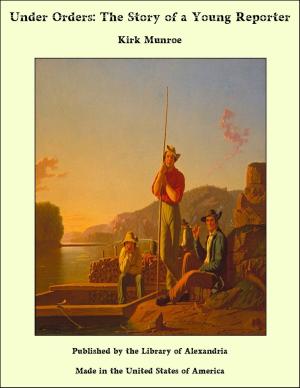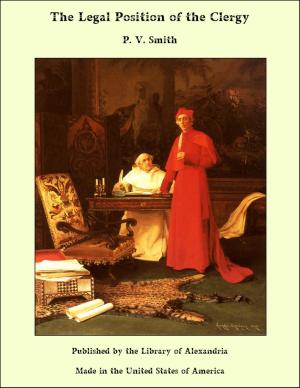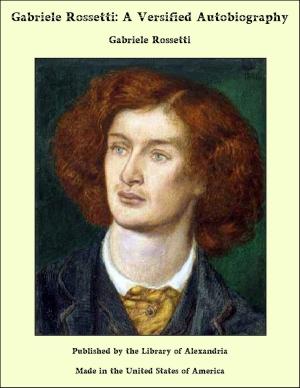The Poetical Works of Alexander Pope (Complete)
Nonfiction, Religion & Spirituality, New Age, History, Fiction & Literature| Author: | Alexander Pope | ISBN: | 9781465520715 |
| Publisher: | Library of Alexandria | Publication: | March 8, 2015 |
| Imprint: | Language: | English |
| Author: | Alexander Pope |
| ISBN: | 9781465520715 |
| Publisher: | Library of Alexandria |
| Publication: | March 8, 2015 |
| Imprint: | |
| Language: | English |
Pope was a premature and precocious child. His figure was deformed—his back humped—his stature short (four feet)—his legs and arms disproportionably long. He was sometimes compared to a spider, and sometimes to a windmill. The only mark of genius lay in his bright and piercing eye. He was sickly in constitution, and required and received great tenderness and care. Once, when three years old, he narrowly escaped from an angry cow, but was wounded in the throat. He was remarkable as a child for his amiable temper; and from the sweetness of his voice, received the name of the Little Nightingale. His aunt gave him his first lessons in reading, and he soon became an enthusiastic lover of books; and by copying printed characters, taught himself to write. When eight years old, he was placed under the care of the family priest, one Bannister, who taught him the Latin and Greek grammars together. He was next removed to a Catholic seminary at Twyford, near Winchester; and while there, read Ogilby's "Homer" and Sandys's "Ovid" with great delight. He had not been long at this school till he wrote a severe lampoon, of two hundred lines' length, on his master—so truly was the "boy the father of the man"—for which demi-Dunciad he was severely flogged. His father, offended at this, removed him to a London school, kept by a Mr Deane. This man taught the poet nothing; but his residence in London gave him the opportunity of attending the theatres. With these he was so captivated, that he wrote a kind of play, which was acted by his schoolfellows, consisting of speeches from Ogilby's "Iliad," tacked together with verses of his own. He became acquainted with Dryden's works, and went to Wills's coffee-house to see him. He says, "Virgilium tantum vidi." Such transient meetings of literary orbs are among the most interesting passages in biography.
Pope was a premature and precocious child. His figure was deformed—his back humped—his stature short (four feet)—his legs and arms disproportionably long. He was sometimes compared to a spider, and sometimes to a windmill. The only mark of genius lay in his bright and piercing eye. He was sickly in constitution, and required and received great tenderness and care. Once, when three years old, he narrowly escaped from an angry cow, but was wounded in the throat. He was remarkable as a child for his amiable temper; and from the sweetness of his voice, received the name of the Little Nightingale. His aunt gave him his first lessons in reading, and he soon became an enthusiastic lover of books; and by copying printed characters, taught himself to write. When eight years old, he was placed under the care of the family priest, one Bannister, who taught him the Latin and Greek grammars together. He was next removed to a Catholic seminary at Twyford, near Winchester; and while there, read Ogilby's "Homer" and Sandys's "Ovid" with great delight. He had not been long at this school till he wrote a severe lampoon, of two hundred lines' length, on his master—so truly was the "boy the father of the man"—for which demi-Dunciad he was severely flogged. His father, offended at this, removed him to a London school, kept by a Mr Deane. This man taught the poet nothing; but his residence in London gave him the opportunity of attending the theatres. With these he was so captivated, that he wrote a kind of play, which was acted by his schoolfellows, consisting of speeches from Ogilby's "Iliad," tacked together with verses of his own. He became acquainted with Dryden's works, and went to Wills's coffee-house to see him. He says, "Virgilium tantum vidi." Such transient meetings of literary orbs are among the most interesting passages in biography.





